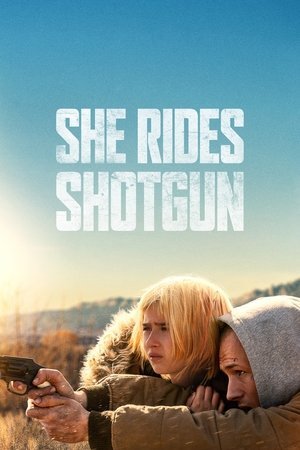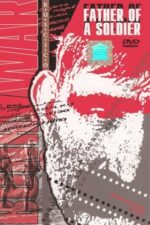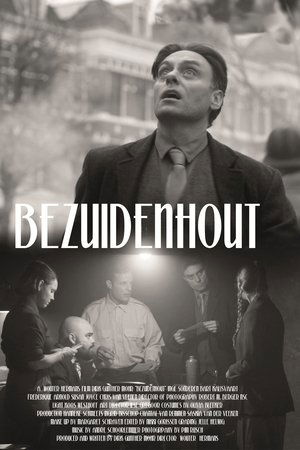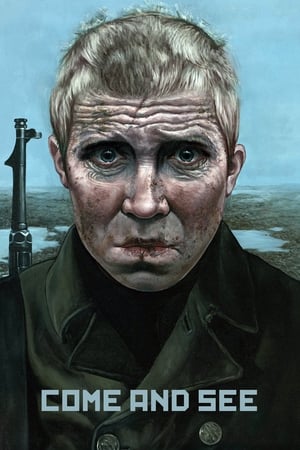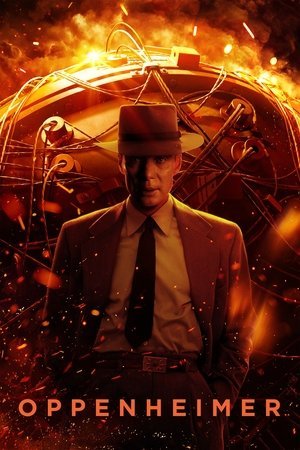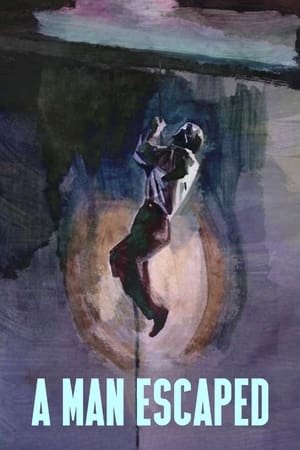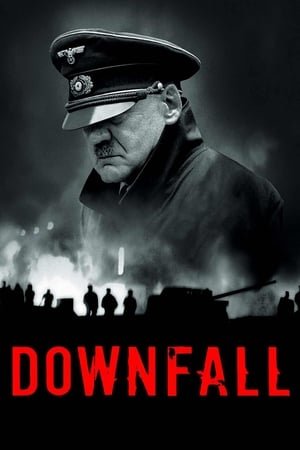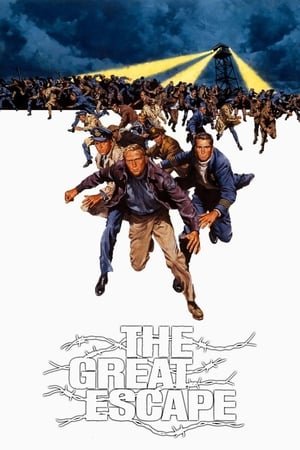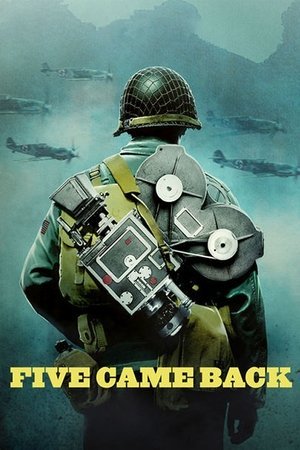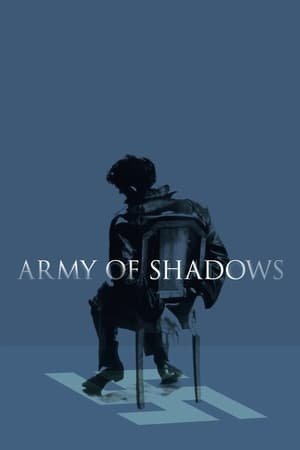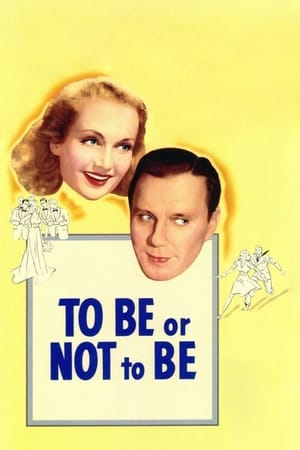"World war ii" Movies and TV Shows – Explore Epic Stories & Anime
1965,
SU, Drama
1945,
US, Documentary
2025,
NL, Drama
1961,
US, Drama
1985,
SU, Drama
2023,
US, Drama
1981,
US, History
2001,
CN, Drama
1956,
FR, Drama
2004,
DE, Drama
1959,
SU, Drama
1977,
SU, Drama
1963,
US, Adventure
2017,
US, Documentary
1965,
US, Drama
2016,
AU, CN, GB, US, Drama
1969,
FR, War
1946,
US, Drama
1942,
US, Comedy
2020,
RS, Drama


















